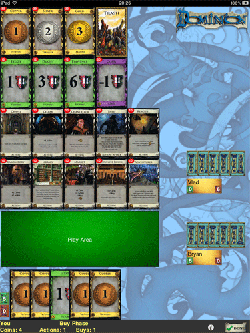
Credit: Screenshot by Michelle A. Hoyle
Image: Dominion on the iPad
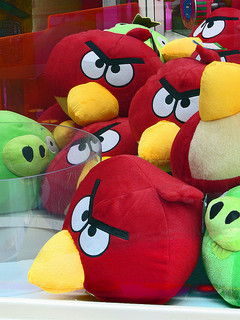
Credit: Photo by Newtown graffiti under a
CC BY 2.0 License
Image: It makes me so angry!
A few Christmases back, a good friend “helpfully” gifted us with the original Dominion game. I say “helpfully” because Dominion is deck building game, although not in the sense of a collectible card game like Magic: The Gathering. Dominion’s base set includes treasure cards, action cards, and victory cards. You purchase these cards primarily with the treasure coin cards, trying to acquire more victory cards than your opponent. Action cards can act on other players, give you additional spending power, give you more cards, or increase your maximum number of permissible purchases.
With randomness in its favour, Dominion is enjoyable to play repeatedly and quick once you’re familiar with the various action cards. It even plays well with only two players. Numerous expansions are available with different action card themes you can mix and match. We have them all, much to our bank account’s detriment. Thank you, “friend”. (-:
There have been some extremely excellent board game adaptations for Apple’s iPhones and iPads, including Dominion publisher Rio Grande Games’ Carcassonne tile-building game and Days of Wonder’s Small World. Although some of these aren’t too bad for setup time, it’s nice to not need a big table and to start playing immediately. It’s also nice to play whenever you have the urge. I was therefore quite keen to see a Dominion application and finally there was one: Dominion by Donald X. Vaccarino. Hurrah!




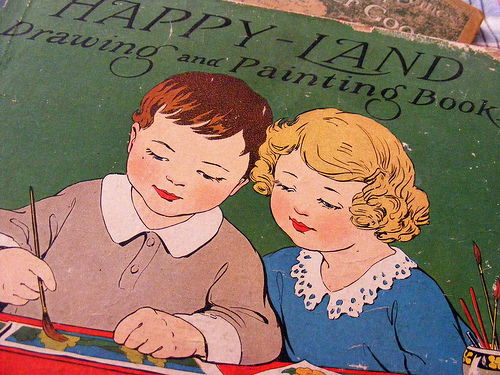
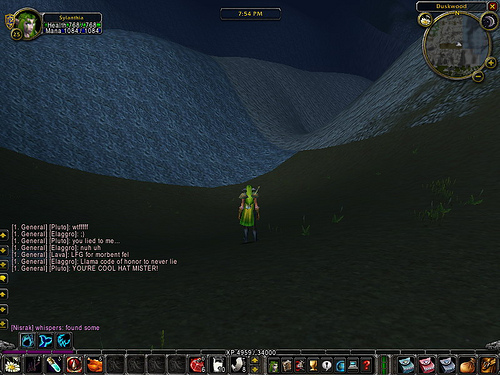
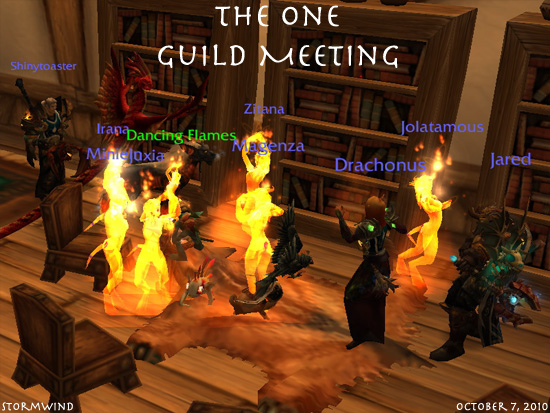
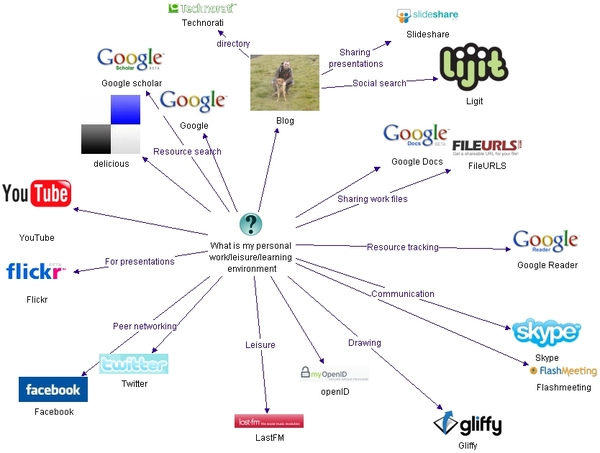
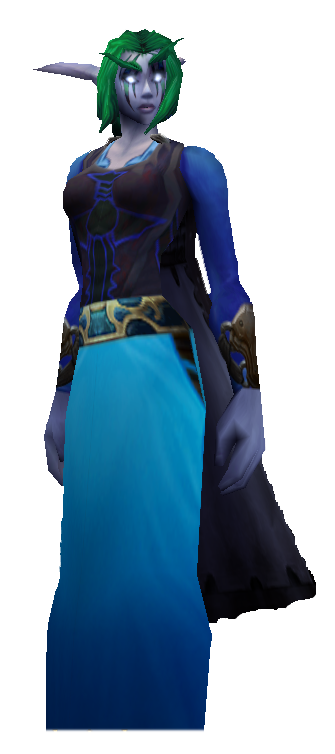 As part of a course under development at The Open University, I was approached as a known World of Warcraft player and asked to write a short paragraph or two on why I play World of Warcraft. I freely admit to failing to only write a short paragraph or two, but that’s probably because I’m passionate about World of Warcraft and my activities in it, especially given the prominence it plays in my life in so many areas. Read on to find out why I play World of Warcraft.
As part of a course under development at The Open University, I was approached as a known World of Warcraft player and asked to write a short paragraph or two on why I play World of Warcraft. I freely admit to failing to only write a short paragraph or two, but that’s probably because I’m passionate about World of Warcraft and my activities in it, especially given the prominence it plays in my life in so many areas. Read on to find out why I play World of Warcraft.



